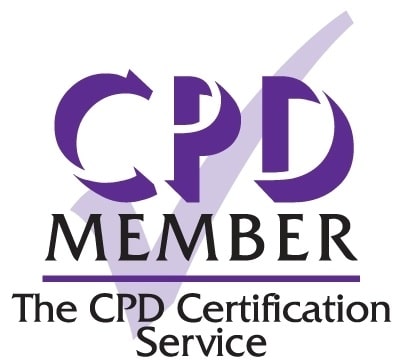➤ Introduction to Eating Disorders: Definition, prevalence, and impact on individuals’ well-being.
➤ Understanding Bulimia & Binge Eating Disorder (BED): Characteristics, symptoms, and diagnostic criteria.
➤ Exploring the Three Ps: Predisposing, precipitating, and perpetuating factors in the development and maintenance of Bulimia and BED.
➤ Medical Complications: Examining the physical health consequences associated with Bulimia and BED
➤ Ethical Considerations: Examining ethical guidelines and considerations when working with clients with eating disorders, including issues of autonomy, confidentiality, and informed consent.
➤ Treatment Planning: Developing individualized treatment plans tailored to the unique needs and challenges of clients with Bulimia and BED.
➤ Collaborative Care: Importance of a multidisciplinary approach, involving professionals from various disciplines, such as therapists, dietitians, and medical practitioners
➤ Assessment entails a comprehensive evaluation of a persons eating behaviors, body image concerns, physical health status, psychological well-being, and any associated factors.
This training will centre on Cognitive Behavioral Therapy (CBT) as the primary therapeutic approach for Bulimia and Binge Eating Disorder.
Key CBT concepts covered will include:
- Cognitive restructuring: Identifying and challenging distorted thoughts and beliefs about food, body image, and self-worth.
- Behavioral experiments: Testing out unhelpful beliefs and developing new, adaptive behaviors.
- Exposure and response prevention: Gradually facing feared foods and situations to reduce anxiety and avoidance.
- Relapse prevention: Developing strategies to identify and manage triggers, and cope with setbacks.
Skill Development through Practice:
Role-play and case study analysis will be integral components of the training, allowing participants to apply CBT techniques in simulated scenarios and real-world contexts. This hands-on approach will equip participants with the practical skills and confidence needed to effectively implement CBT in their practice.






